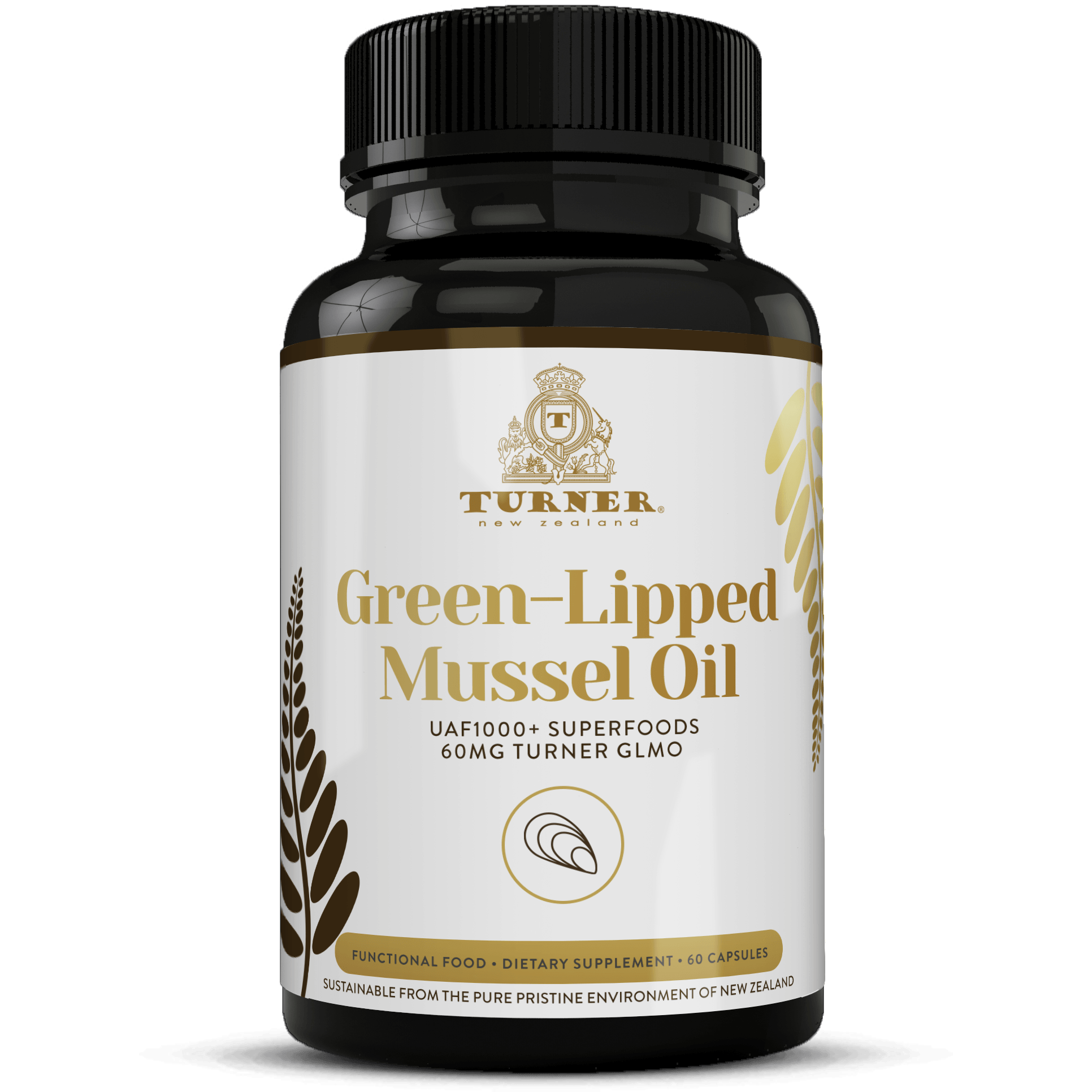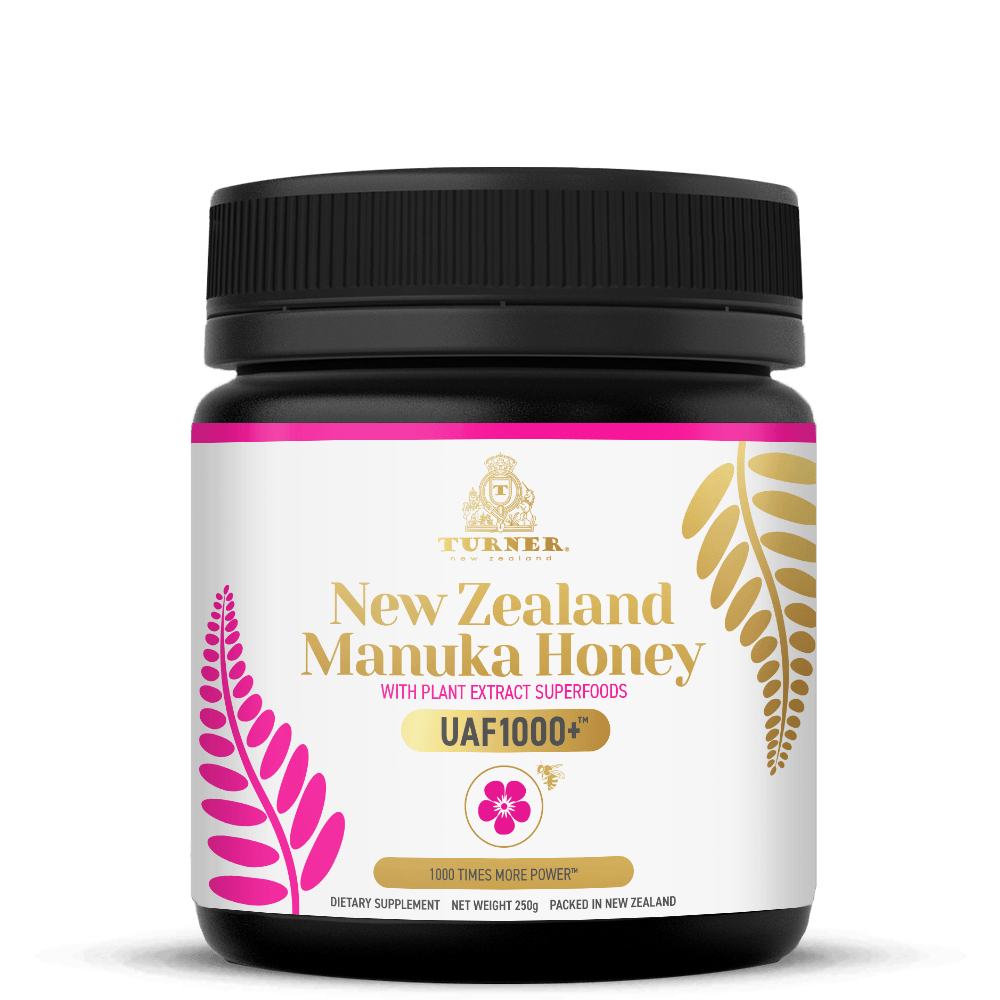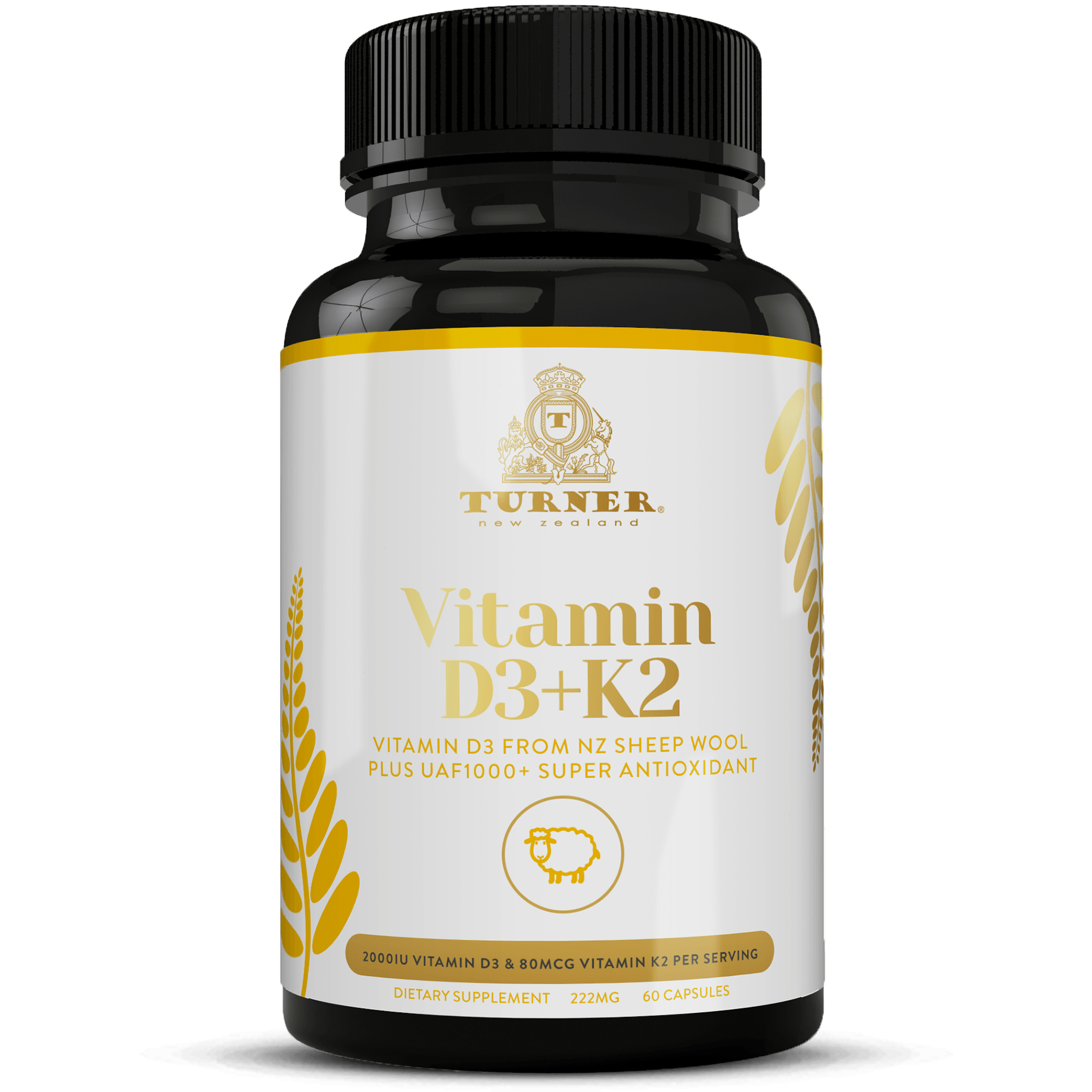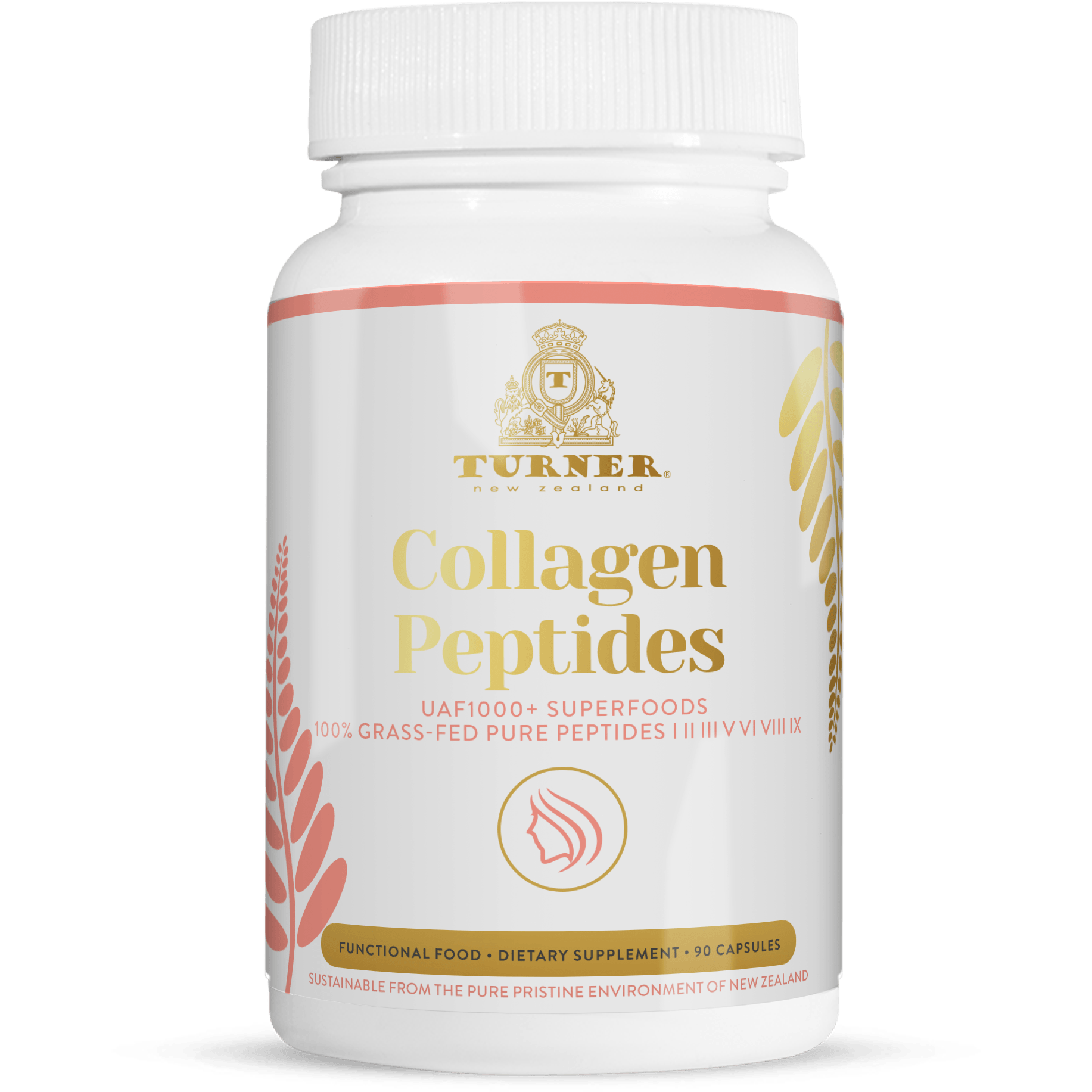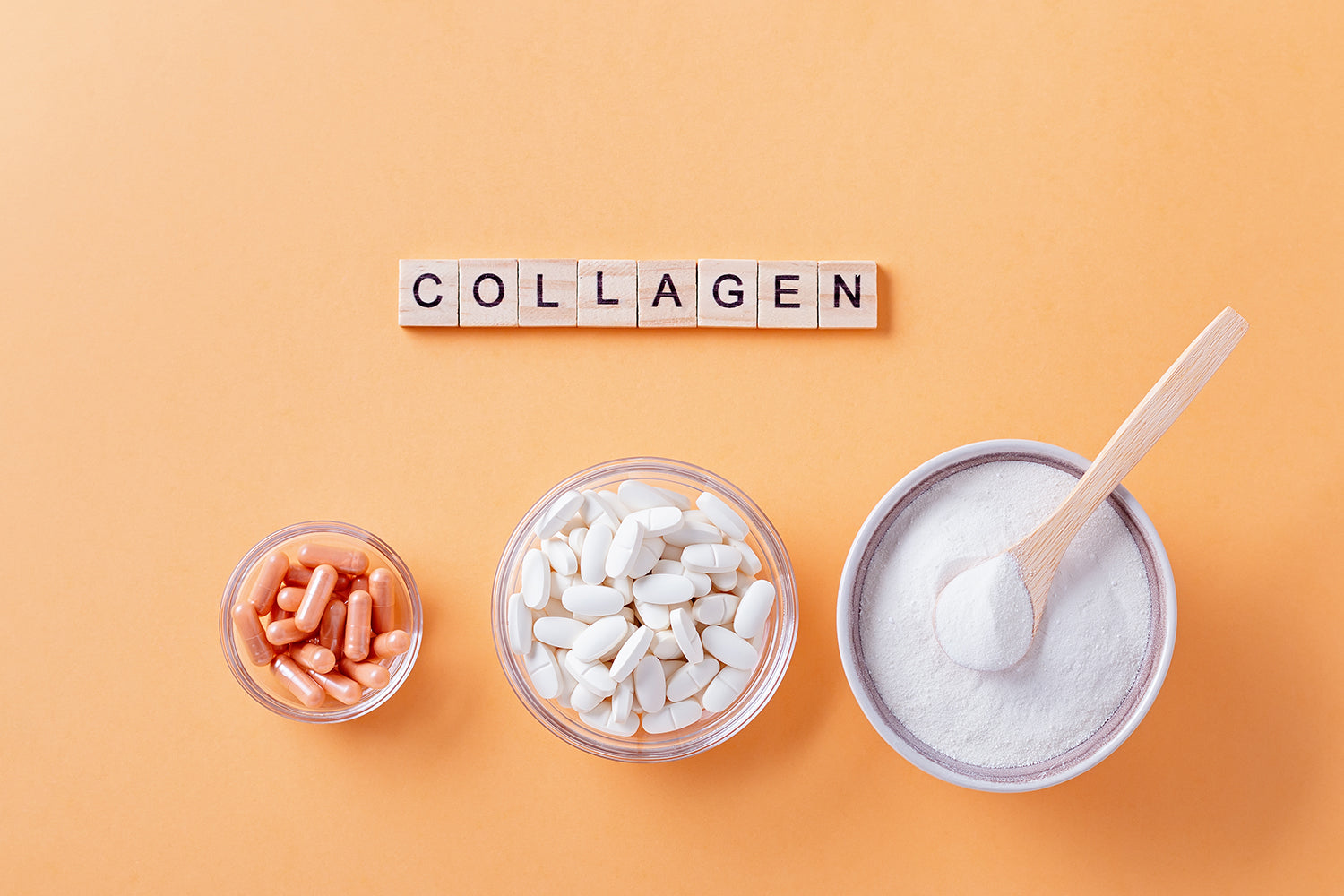
An athlete's bodies require intense physical performance; thus, their nutritional needs are very different from those of regular individuals. Where does collagen fit into providing a strong body and optimum performance for an athlete? In this post, let’s learn how crucial collagen is for athletes and some of the best collagen for athletes.
What is collagen?
Collagen is a natural protein found in our bodies; to be specific, it’s the most abundant protein in the human body, constituting around 30% of the total protein. It’s found in our skin, muscles, bones, cartilage, ligaments, tendons, gastrointestinal system, lungs, nails, and other vital organs.
It’s the primary structural element that gives these organs immense strength, at the same time, makes them adequately flexible. As an athlete, flexibility and strength of muscles and joints matter, and so does collagen.
Collagen, being a protein, is made up of amino acids, precisely 19 amino acids. There are more than 29 types of collagen. The collagen in the human body is predominantly of three types – I, II, and III.
Type I collagen is the main constituent of skin, bone, blood vessels, and tendons. Type II makes up the majority of the cartilage, and type III, the reticular fibers.
How to include collagen in your diet?
You can include the following collagen-rich foods in your diet regularly to get the required amount of highly bioavailable collagen.
- Beef bone broth – Bone broths are made by simmering the bones along with some spices and condiments for an extended period. This slow-cooking process extracts the collagen from the bones into the broth. The quality of the broth depends on the quality of the bones used.
- Chicken – Here, we are not referring to the farmed and packed chicken but organically grown whole chickens with lots of connective tissues rich in collagen.
- Eggs – While eggs don't have collagen as such, it’s to be noted that it has large amounts of proline, which is needed for the production of collagen in our body. Also, being a complete protein, eggs supply all the essential amino acids required for making collagen.
- Fish and shellfish – The fin, scales, bones, and eyeballs of fishes like mackerel and salmon are rich in collagen. These parts are not widely eaten but can be made into delicious broths. Shellfish are also a great source of marine collagen.
- Citrus fruits and berries – These have an abundance of vitamin C in them. Vitamin C is essential for producing collagen inside our bodies.
- Green leafy vegetables - Being a good source of the antioxidant lutein and vitamin C, both needed for the production of collagen, consuming adequate greens will help you to prevent the breakdown of existing collagen as well as make new collagen.
- Garlic – Being a good source of sulfur, required for collagen production, Garlic helps preserve the existing collagen and boost the production of new collagen. Consuming small quantities of garlic more often has a more significant effect than munching on a lot at once.
You can also opt for collagen supplements if you want to ensure adequate daily collagen intake, as most often, diets cannot alone supply enough collagen, especially for athletes whose collagen demands are higher.
Also Read: How Does Collagen Protein Help Injury Recovery?
Also Read: Are Collagen Peptides Good for Your Bones?
Benefits of collagen supplements for athletes
Having adequate quantities of collagen regularly will be helpful for athletes to maintain the strength and health of their connective tissue. You can also take collagen for sports injuries.
Studies show that collagen supplementation helps to improve muscle growth and strength after resistance exercise training.
Another study among 147 athletes shows that regular collagen supplementation is beneficial in strengthening the joints and preventing joint-related injuries. Studies also prove the ability of collagen supplements to improve body composition, muscle, and overall strength.
The following listed are some of the benefits of having collagen supplements:
- Strong and pliable muscles
- Sturdy bones
- Strong, elastic skin
- Healthier joints
- Faster recovery
- Improved endurance
- Fewer chances of injury
- Reduced post-workout indigestion
When to take collagen supplements?
You should take hydrolyzed collagen supplements 30-45 minutes before working out/training. This will ensure that your body has enough circulating amino acids in the blood by the time of recovery. Thus, while recovering, your body will use them to make stronger connective tissues.
Also Read: Collagen Peptides Powder vs. Collagen Peptides Capsules
How much collagen to have?
15-30 grams of collagen powder daily would provide adequate collagen for boosting your recovery process. You should start by consuming lower quantities of collagen supplements and increase the amount gradually. For athletes with heavy physical demands, up to 40 grams per day can be taken.
How to pick up the right collagen supplement for athletes?
When going for a supplement, it’s always better to pick the collagen peptide supplement than the regular one. Why? Because collagen peptides are broken fragments of collagen, which due to their smaller size, can easily be digested and absorbed. Thus, collagen peptides would be more bioavailable.
A question frequently asked is - Does bovine collagen help joints and recovery? It does, but only if the collagen is sourced from pasture-raised, grass-fed cattle which hasn't been exposed to harmful antibiotics or hormones;
There we are! Hope you have benefited from reading this article. If you have any questions, comment below, and we’ll gladly answer them.


